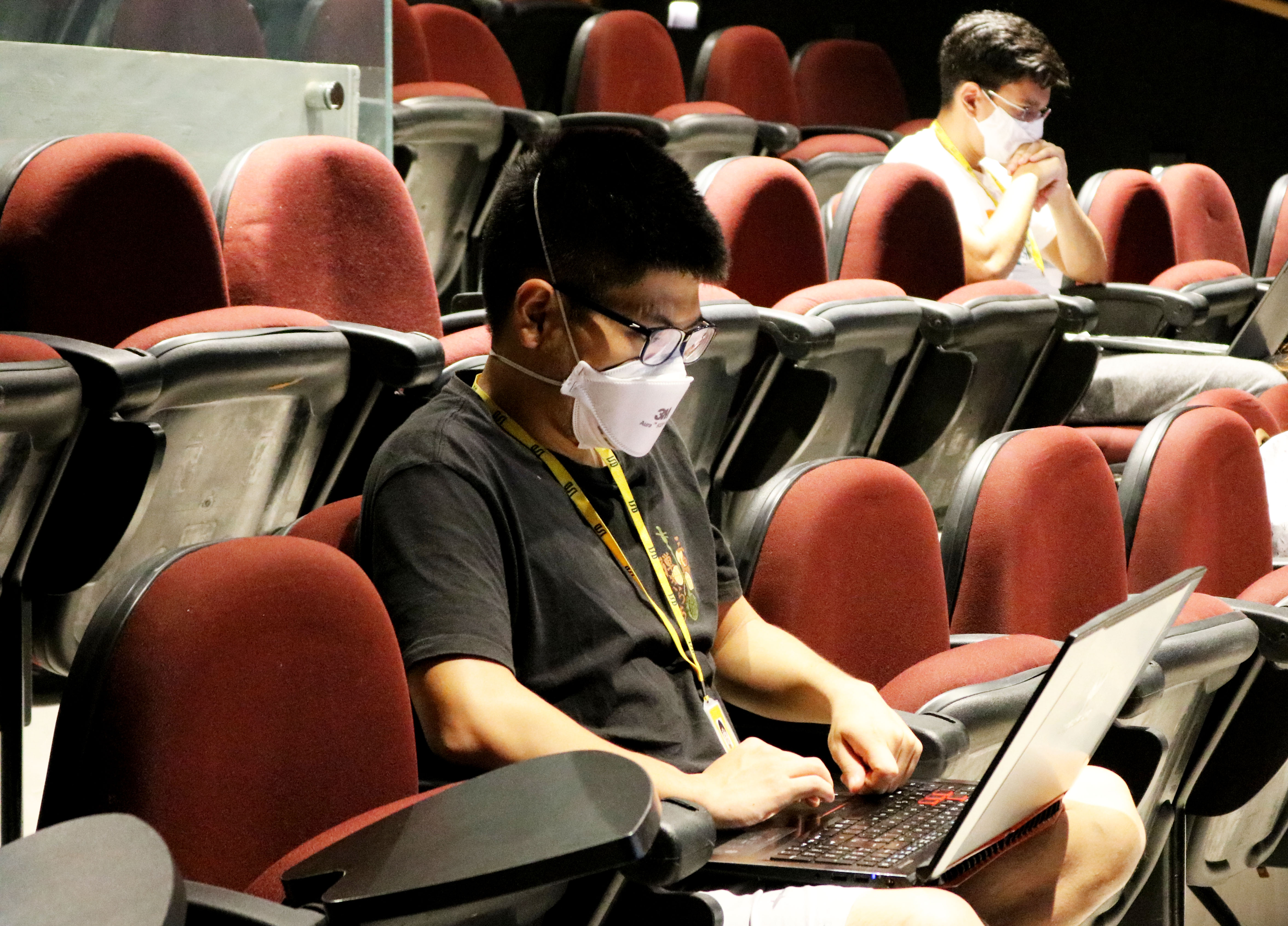With 688 subscribers and more than 8,300 reproductions of content on the digital platform, the VII Symposium on Neuroengineering ended its program on Wednesday, October 20, as the largest in the history of the Santos Dumont Institute (ISD) since the creation of the event in 2015.
This was the first edition of the Symposium since the arrival of the coronavirus pandemic in Brazil in 2020. The event took place completely online and free of charge, and featured 11 speakers from seven countries and more than 60 scientific papers presented over the three days. of programming.
Although the digital format was an alternative found for holding the event without putting participants and speakers at risk, the manager of the Edmond and Lily Safra International Institute of Neurosciences (IIN-ELS), Edgard Morya, says that digital transmissions should not disappear , once the event can be held in person again.
“I believe that, starting this year, hybrid events will be a strategy to multiply the public reached by the scientific knowledge generated at the Symposium”, says Morya.
According to the researcher, the strong presence of speakers from various parts of the world allowed bringing new visions of research that are being developed in the areas of neuroscience and neuroengineering in several laboratories, which will serve to broaden the vision of students and researchers. “They brought new insights and perspectives to the students, who also participated online beyond expectations. The most interesting thing is that all this content that was generated over these three days in 2021 will be available for a long time, stimulating many more people”, emphasizes Edgard Morya.
Among the speakers were professors and researchers from institutions such as the Universities of Oxford and Birmingham, in the United Kingdom; the University of Buenos Aires, in Argentina; the Aix-Marseille University and the Institut des Neurosciences Paris‑Saclay, in France, and the Ecole Polytechnic Federal de Lausanne, Switzerland. In addition to these participants, researcher Janine Inez Rossato, from the Federal University of Rio Grande do Norte (UFRN), one of the most influential researchers in the economic bloc formed by Brazil, Russia, India, China and South Africa (BRICS) according to the AD Scientific Index, was also present in the program.
In addition to the lectures and four tutorials given by ISD research professors, students from all over Brazil were able to submit works to be presented in the format of virtual posters. “The discussions in the work presentations were very interesting and allowed for an excellent interaction between participants and presenters, something very rich for scientific research”, highlighted IIN-ELS research professor Felipe Porto Fiuza.
The six works best evaluated by the Scientific Committee of the Symposium dealt with current and relevant topics, such as the creation of automated mechanical ventilation systems for intensive care in patients with Covid-19, carried out by students at the Federal University of Lavras (UFLA), in Minas Gerais, and the development of a thalamic prosthesis to restore the sense of sight in blind patients with glaucoma, presented by students from École Polytechnique Fédérale de Lausanne, Switzerland.
Text: Mariana Ceci / Ascom – ISD
Photograph: Kamila Tuênia / Ascom – ISD
Communication Office
comunicacao@isd.org.br
(84) 99416-1880
Santos Dumont Institute (ISD)
It is a Social Organization linked to the Ministry of Education (MEC) and includes the Edmond and Lily Safra International Institute of Neurosciences and the Anita Garibaldi Health Education and Research Center, both in Macaíba. ISD's mission is to promote education for life, forming citizens through integrated teaching, research and extension actions, in addition to contributing to a fairer and more humane transformation of Brazilian social reality.













